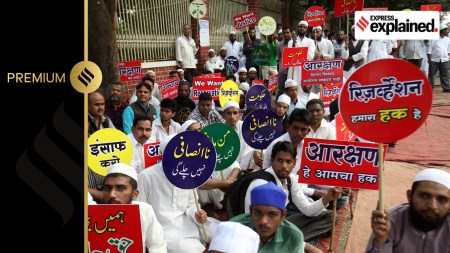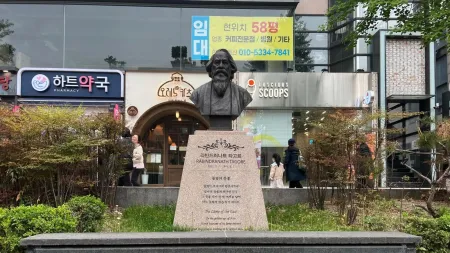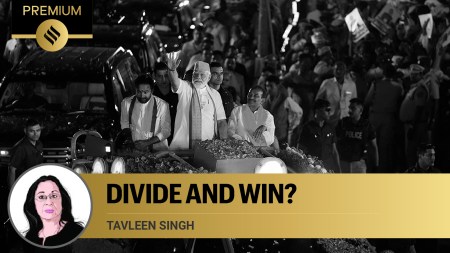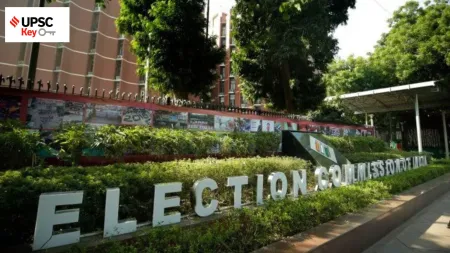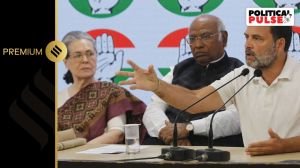- India
- International
Ayodhya verdict: On Muslim parties’ claim, SC quoted ’15 Justice Nazeer order
In reaching this conclusion, the five-judge Bench relied on an order passed more than four years ago by Justice S Abdul Nazeer, a member of the Ayodhya Bench who was then a judge of the Karnataka High Court.
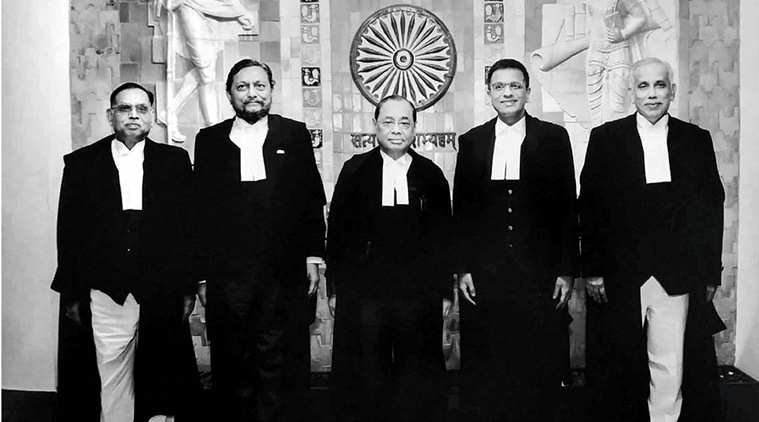 A group photo of the five-judge bench comprised of Chief Justice of India Ranjan Gogoi (C) flanked by (L-R) Justice Ashok Bhushan, Justice Sharad Arvind Bobde, Justice Dhananjaya Y Chandrachud, Justice S Abdul Nazeer after delivering the verdict on Ayodhya land case (PTI Photo)
A group photo of the five-judge bench comprised of Chief Justice of India Ranjan Gogoi (C) flanked by (L-R) Justice Ashok Bhushan, Justice Sharad Arvind Bobde, Justice Dhananjaya Y Chandrachud, Justice S Abdul Nazeer after delivering the verdict on Ayodhya land case (PTI Photo)
One of the central arguments presented before the five judge Constitution Bench by the Muslim parties in the Ayodhya matter was that they had “perfected” their claim to the title by “adverse possession”.
The Bench, however, rejected the claim — holding that the Muslim parties had failed to meet the requirements of adverse possession. In reaching this conclusion, the five-judge Bench relied on an order passed more than four years ago by Justice S Abdul Nazeer, a member of the Ayodhya Bench who was then a judge of the Karnataka High Court.
In his order passed on July 22, 2015, Justice Nazeer had ruled that adverse possession “must be adequate in continuity”, and “must be actual, visible and exclusive”.
In the Ayodhya title suit appeal, the Muslim side had argued that the Muslims, by virtue of their “long, exclusive and continuous possession” from the time the mosque was built to the time it was desecrated, had perfected their right to the title by adverse possession.
Rejecting this argument, the Constitution Bench said: “The plaintiffs in Suit 4 plead adverse possession in the alternative… In a judgment rendered in 2015, one of us (Justice Abdul Nazeer) as a Single Judge of the Karnataka High Court succinctly identified and laid down the pre-requisites of a claim to adverse possession.”

Justice Nazeer’s 2015 judgment related to property dispute in which a regular second appeal had been filed by legal representatives of one of the plaintiffs (Subbamma). The suit had sought cancellation of the gift deed (the land), and permanent injunction restraining the defendants from interfering with the possession of the disputed property.
“The concept of adverse possession contemplates a hostile possession i.e., a possession which is expressly or impliedly in denial of the title of the true owner. Possession to be adverse must be possession by a person, who does not acknowledge others’ rights but denies them. Possession implies dominion and control and the consciousness in the mind of the person having dominion over an object that he has it and can exercise,” the Bench cited Justice Nazeer’s 2015 judgment.
“To prove title to the land by adverse possession it is not sufficient to show that some acts of possession have been done. The possession required must be adequate in continuity, in publicity and in extent to show that it is adverse to the owner. In other words, the possession must be actual, visible, exclusive, hostile and continued during the time necessary to create a bar under the statute of limitation,” the Bench further cited the 2015 judgment.
Hence, the Constitution Bench concluded, it “was impossible” for the Muslim parties “to set up a case of being in peaceful, open and continuous possession of the entire property”.
“Dr Dhavan (counsel for the Muslim parties) repeatedly asserted that the Muslims were obstructed in their offering worship at the mosque as a result of the illegalities of the Hindus. For this purpose, Dr Dhavan refers to the incidents which took place in 1856-7, 1934 and 1949 — the last of them leading up to the preliminary order under Section 145.
The events which are associated with each of the above incidents constitute indicators in the ultimate finding that in spite of the existence of the structure of the mosque, possession as asserted by the Muslims cannot be regarded as meeting the threshold required for discharging the burden of a case of adverse possession,” the Bench concluded.
May 08: Latest News
- 01
- 02
- 03
- 04
- 05



